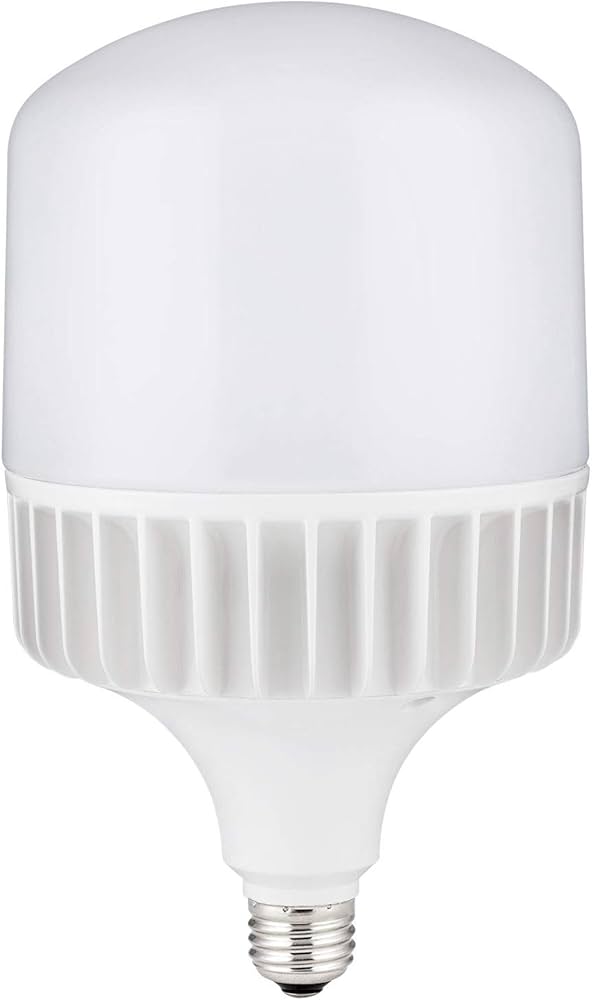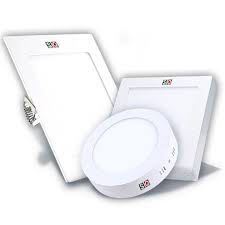Cost savings with LED lighting.
Energy Efficiency of LED Bulbs and Cost Savings
LED (Light Emitting Diode) bulbs have become one of the most popular lighting technologies today due to their energy efficiency and environmentally friendly nature. Compared to traditional incandescent and CFL bulbs, LED bulbs consume significantly less electricity, leading to substantial cost savings. This blog will explore the energy efficiency of LED bulbs and how they contribute to reducing costs.
Energy Efficiency of LED Bulbs
One of the main features of LED bulbs is their high energy efficiency. They consume about 80-90% less electricity than incandescent bulbs. Incandescent bulbs use a lot of electricity to produce light, most of which is converted into heat. In contrast, LED bulbs generate much less heat, allowing them to provide more light with less power. Additionally, LED bulbs have a longer lifespan than CFLs and do not contain toxic mercury, making them safer for the environment.
Cost Savings Through LED Bulbs
The low power consumption of LED bulbs is the key reason behind their cost savings. Typically, an LED bulb has a lifespan of 15,000 to 50,000 hours, whereas an incandescent bulb lasts only around 1,000 hours. This means that LED bulbs can be used for a much longer time, reducing the need for frequent replacements, and thus, saving money over time.
Moreover, using LED bulbs can lead to lower electricity bills. A 10-watt LED bulb can provide the same brightness as a 60-watt incandescent bulb, which means significant energy savings even with daily usage. For example, if a person uses a single LED bulb for 5 hours daily, they could save approximately 365 units of electricity per year, resulting in noticeable cost savings.
Other Benefits of LED Bulbs
Beyond cost savings, LED bulbs offer several other advantages. They can instantly reach full brightness, unlike some older technologies that take time to warm up. Additionally, they remain cooler, helping to maintain a comfortable temperature in the home.
The energy savings from LED bulbs not only reduce costs but also have a positive impact on the environment. Electricity generation often involves carbon emissions, so using less power means reducing carbon footprints. By opting for LED bulbs, individuals can contribute to a more sustainable and eco-friendly lifestyle.
Conclusion
The energy efficiency and cost-saving potential of LED bulbs make them an ideal lighting solution. They not only help save money but also play a crucial role in protecting the environment. For those looking to lower their electricity bills and adopt a more sustainable lighting solution, LED bulbs are
an excellent choice.













Dear readers, if you like the article, please comment. and tell us what kind of article you want. thank you!